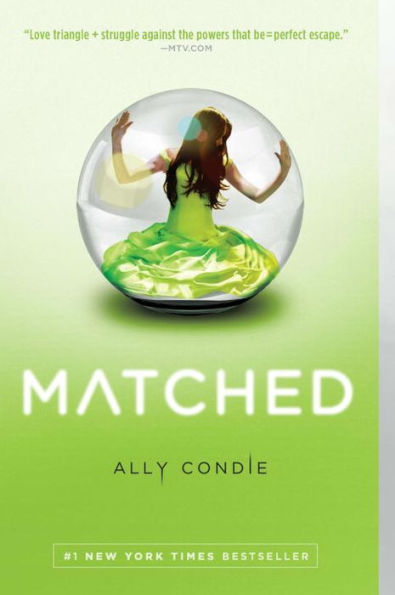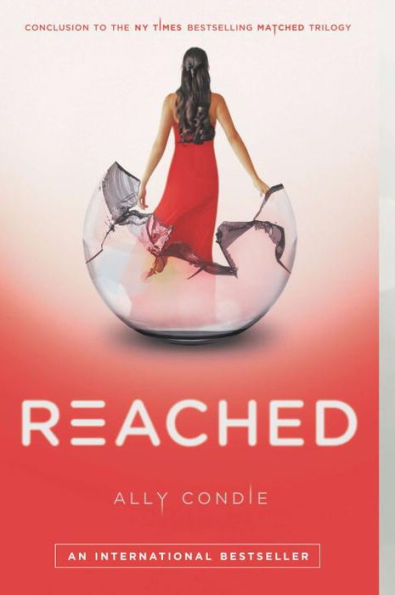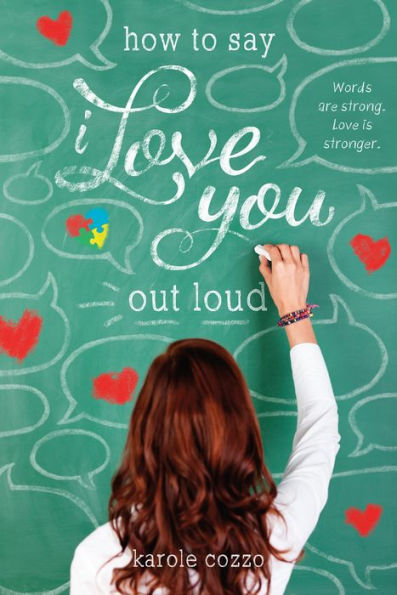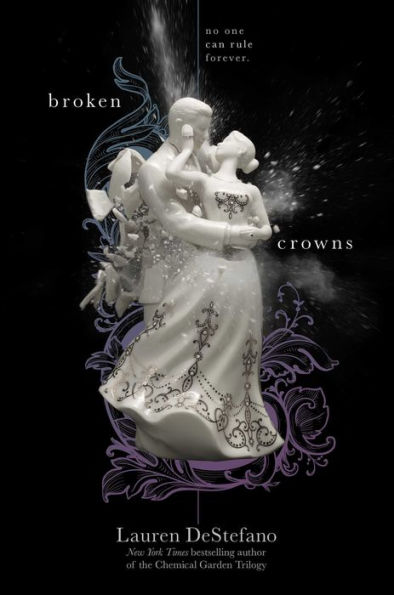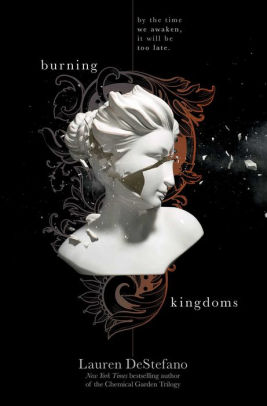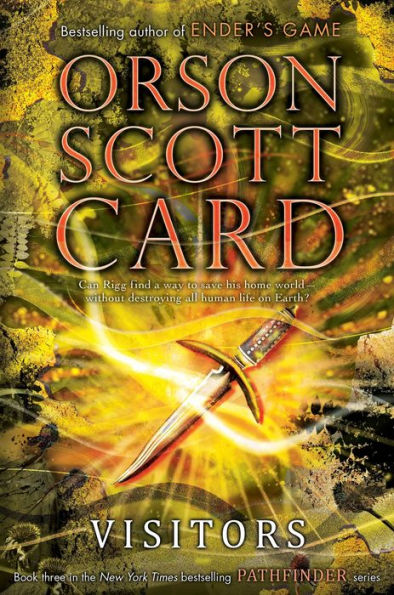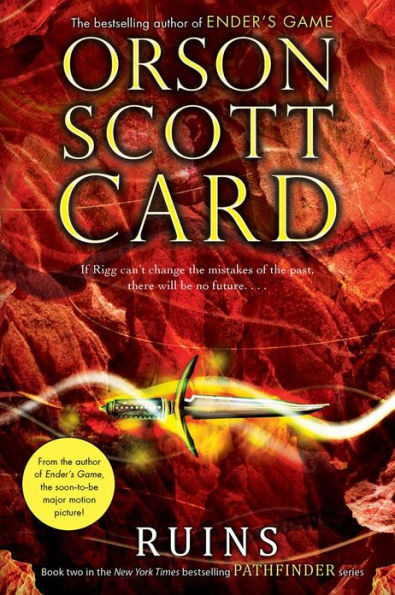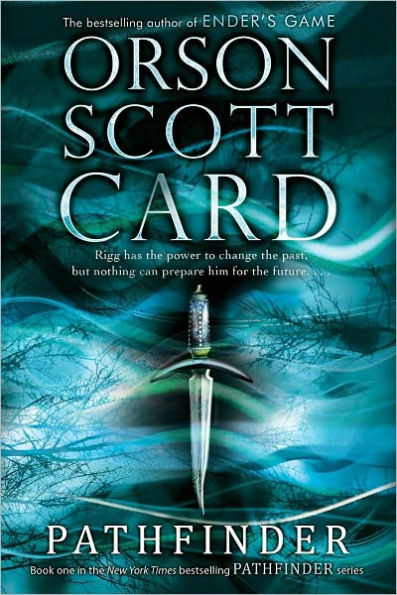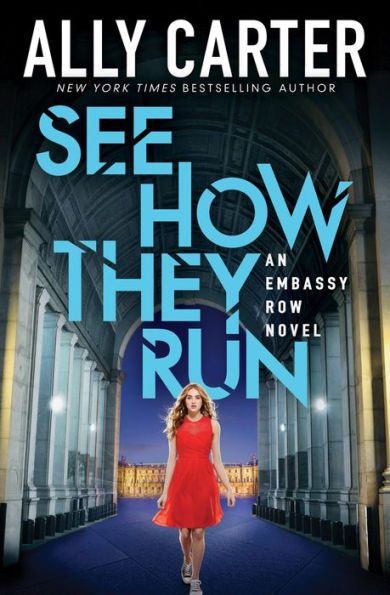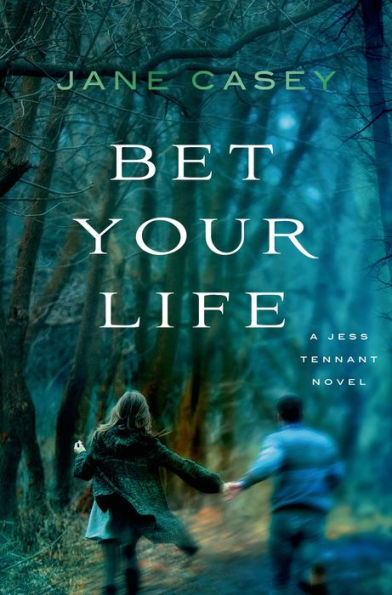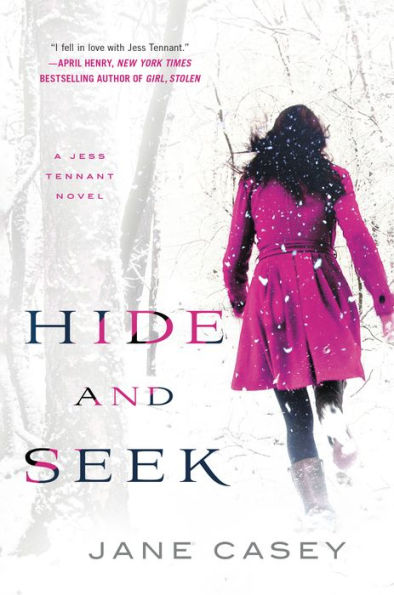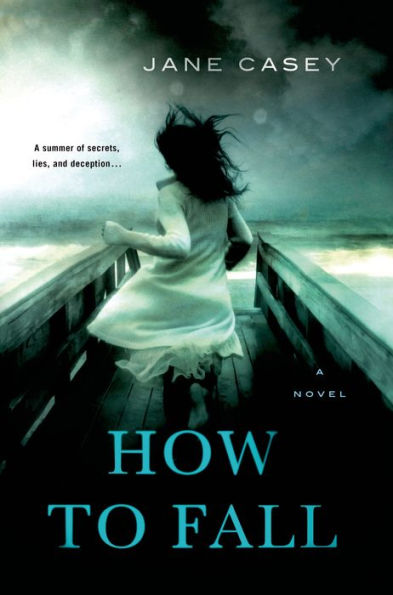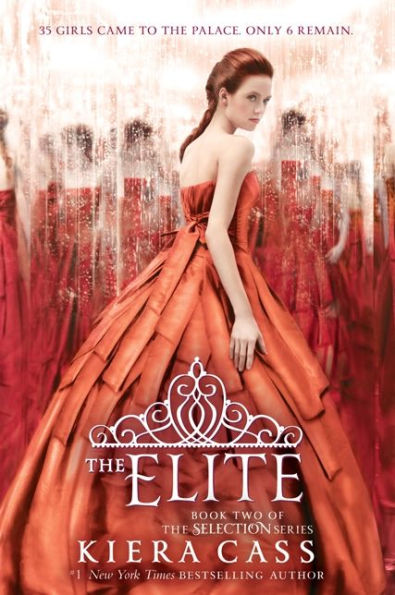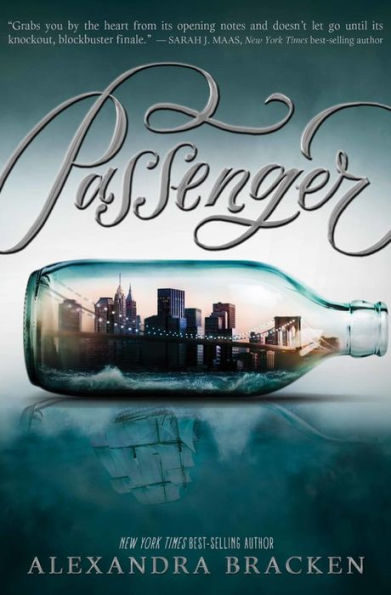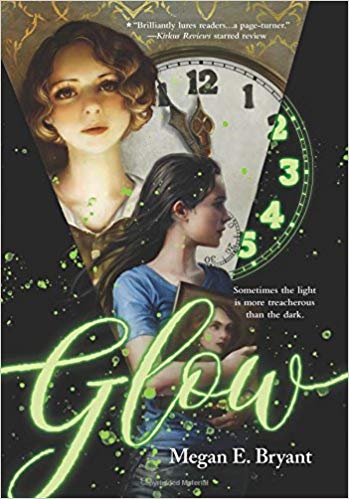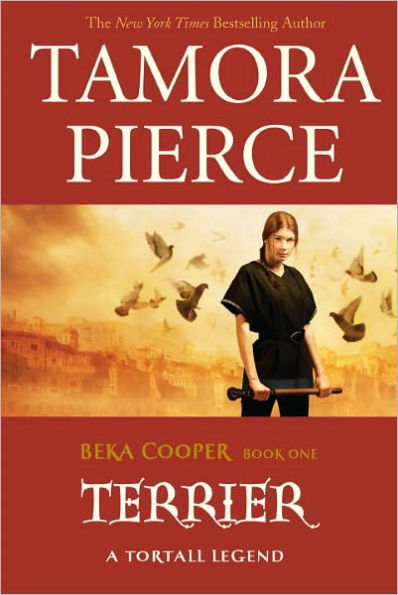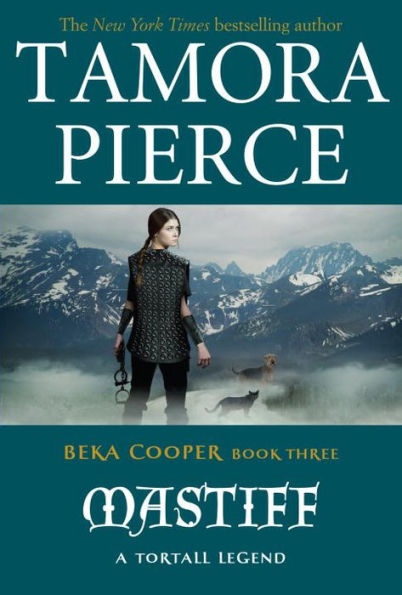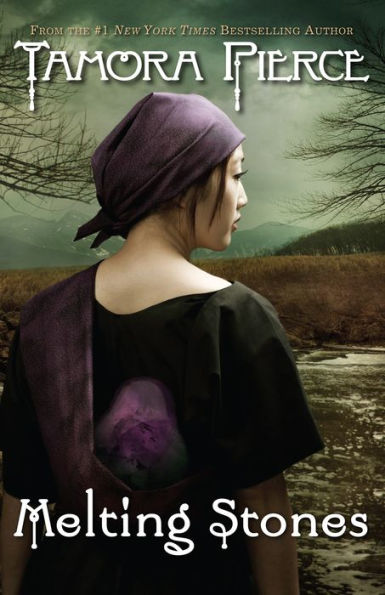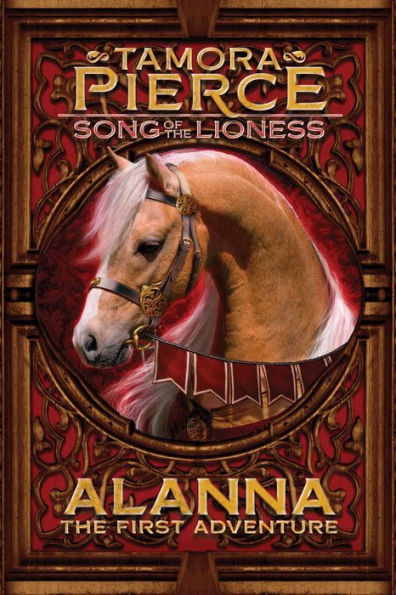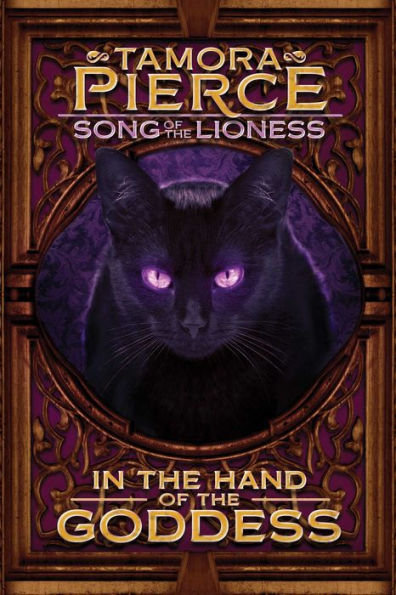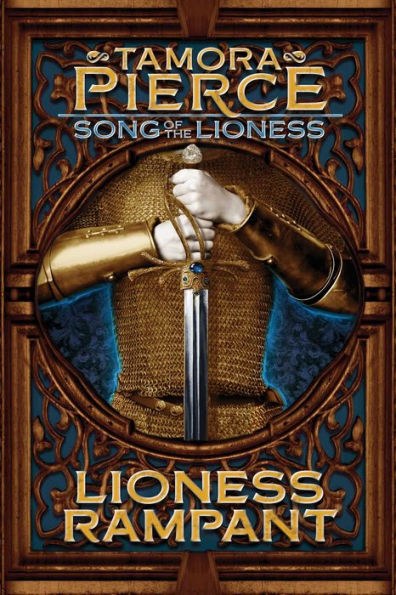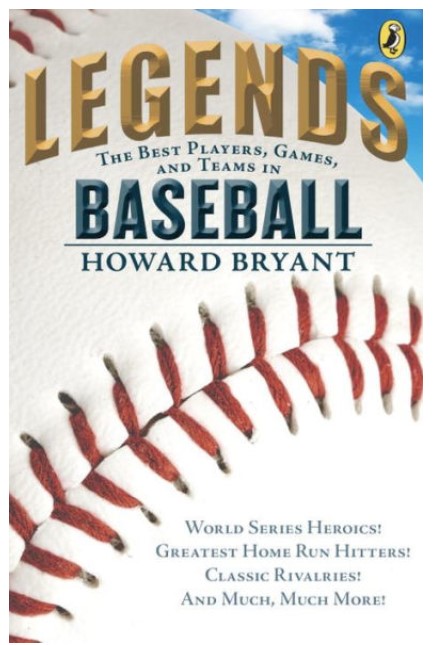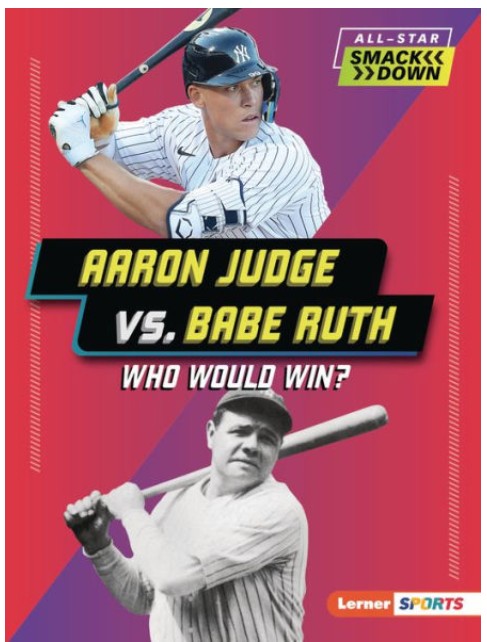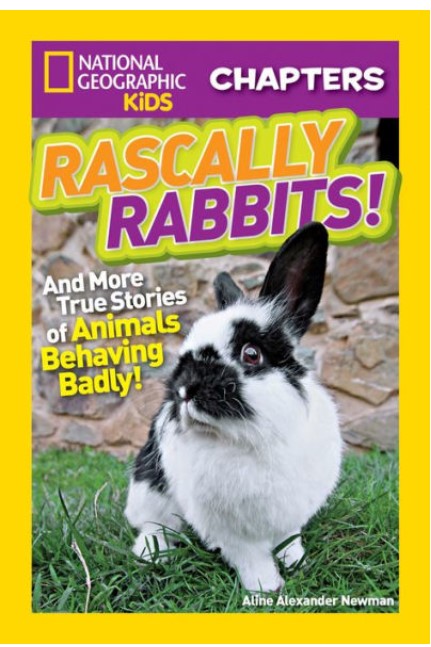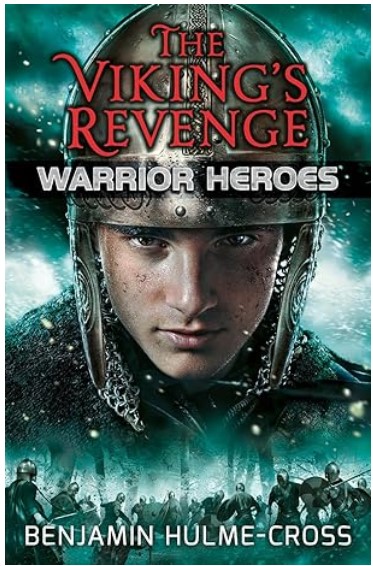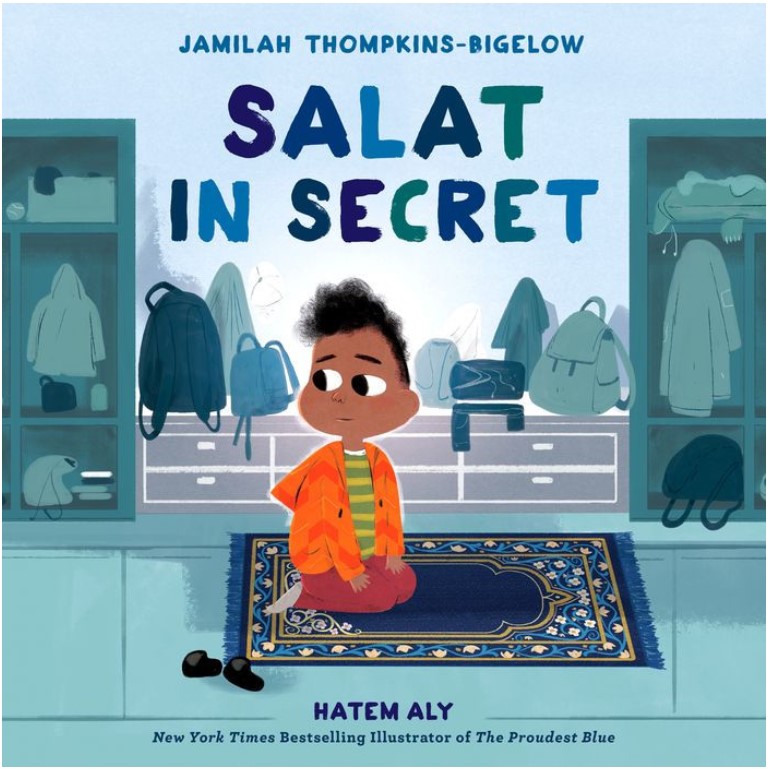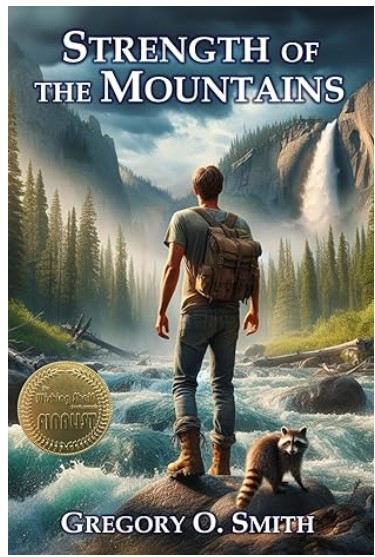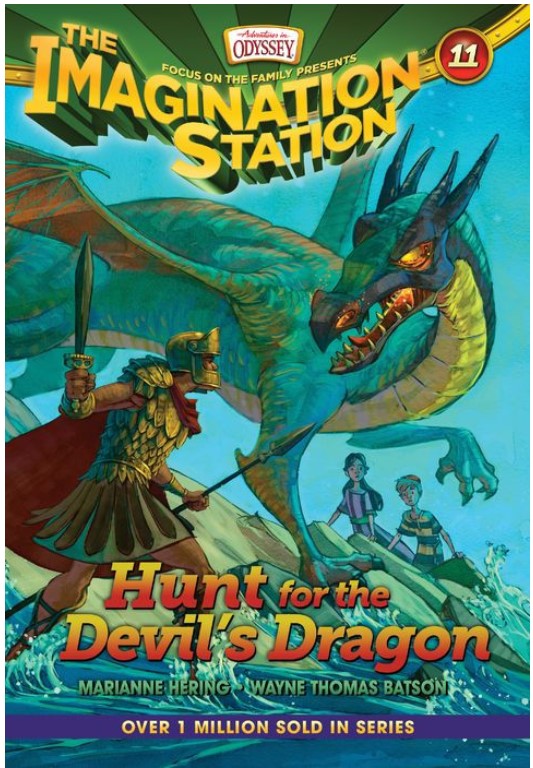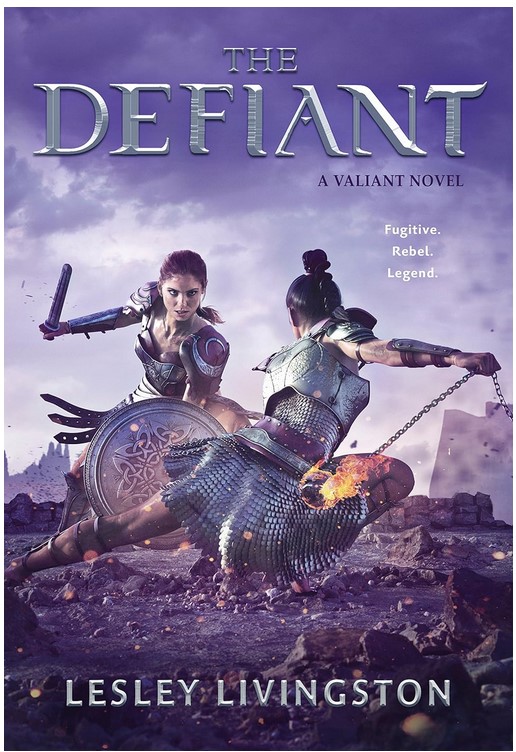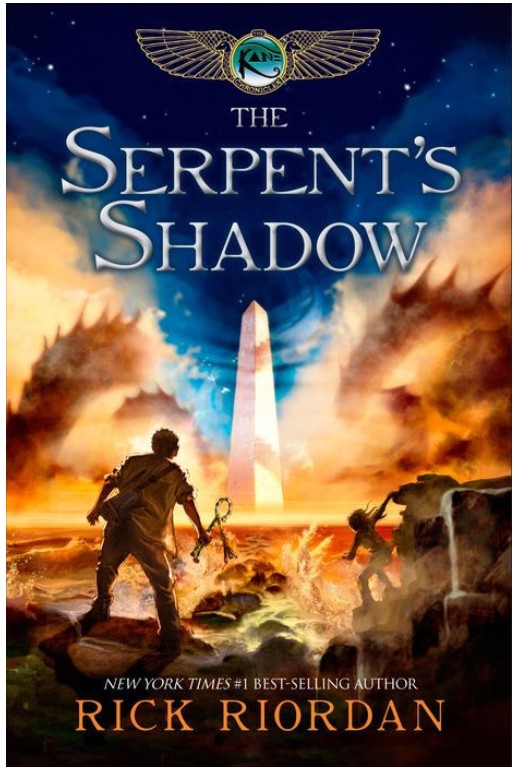Every aspect of Cassia’s life is perfectly planned out for her—her profession, her future husband, her dwelling. If she follows the path the Officials have planned she will be happy. Or so she thought.
During Cassia’s matching ceremony, she is ecstatic to find out that her perfect match is her best friend Xander. But in a strange twist of events, when she opens a file that is supposed to contain facts about her matched, Xander, another’s face appears. The face of a boy named Ky, her first matched, who was discarded by the Officials as an aberration. It only takes an instant to plant doubt into Cassia’s mind about whom she will choose to love—Xander or Ky?
As Cassia struggles to choose between Xander, who will give her a perfect life, and Ky, who can give her passion, she begins to question the foundation of her society. Is it as perfect as it appears? And can she live in a world where every choice and every freedom—including the freedom to choose love—is taken away?
Matched is an entertaining book that revolves around Cassia’s discovery that her society is not all that appears. She soon discovers that although she loves Xander, she feels a passion for Ky that cannot be matched. The book also incorporates Cassia’s relationship with her parents into the story. It is clear that Cassia’s parents love her and want what is best, even if that means going against the Officials.
Cassia struggles with her conflicted feelings for Ky and Xander, which is a topic that teens will be able to relate to. Because Cassia generally cares for both boys, her decision is that much harder to make. However, the plot does not only revolve around Cassia’s love triangle. Instead, the author includes Cassia’s family’s and friend’s experiences to show that the Society isn’t always what it appears. Unlike many teen books, Match portrays a two-parent family that is not dysfunctional. They genuinely care for each other. The violence in the book is not described in detail, which makes this book suitable for younger readers.
Sexual Content
- There are several scenes with kissing. In one, Cassie can, “feel is arms around me and the smoothness of the green silk as he presses his hand against the small of my back and pulls me closer, closer . . . his lips meet mine, at last. At last.”
Violence
- In the past a boy was murdered. Although how it happened is discussed, it is not detailed or graphic. However, Cassia wonders if they, “let that Anomaly (murderer) out on purpose? To remind us?”
- There is film that shows a, “sinister black aircraft appear in the sky and the people run screaming away . . . One of the actors falls on the ground dramatically. Garish red bloodstains cover his clothing.” Some of the viewers laugh, and it isn’t until later that Cassia finds out that the scene was footage of an actual event.
- When a boy is taken away from his family, his adoptive parents make a scene. The father tells people, “the war with the Enemy isn’t going well. They need more people to fight. All the original villagers are dead. All of them.” Then two officials pin their arms behind their backs, gag them, and take them away. Afterwards, the officials make the citizens take a pill that erases the entire scene from their memory.
- One of the characters draws the scene of how his village was wiped out by ammunition falling from the sky. “His parents died. He saw it happen. Death came from the sky, and that’s what he remembers every time it rains.”
Drugs and Alcohol
- When people turn eighty years old they die. Most people do not realize that the reason they die at that age is because their food is poisoned.
- The teen and adult citizens must always carry a “tablet container” which holds three pills. One pill makes people feel calm. One pill gives nourishment if people need to go without food for some reason. The other pill people only take when the government tells them too; the citizens do not know what it does, but later in the story Cassie finds out that it wipes people’s memories.
- When a character has an anxiety attack she takes her friend’s “green tablet” because she had already used her own. “Almost immediately, her body relaxes.”
- In a dream, Cassia’s friend takes a green tablet, then a blue tablet. Cassie then gives her friend a red tablet. Her friend falls down dead. “Her body makes a heavy sound when it falls, in contrast to the lightness of eyes fluttering shut…”
- Cassia considers taking the green table to calm herself down, but she decides against it.
Language
- None
Supernatural
- None
Spiritual Content
- When Cassie thinks about how the Society doesn’t have the death penalty, but they kill the elderly, she thinks that people survive because of natural selection, “with the help from our gods, of course—the Officials.”
- When Cassie has a choice to make regarding another person she thinks, “If I get to play God, or angel, then I have to do the best I can for Ky.”
